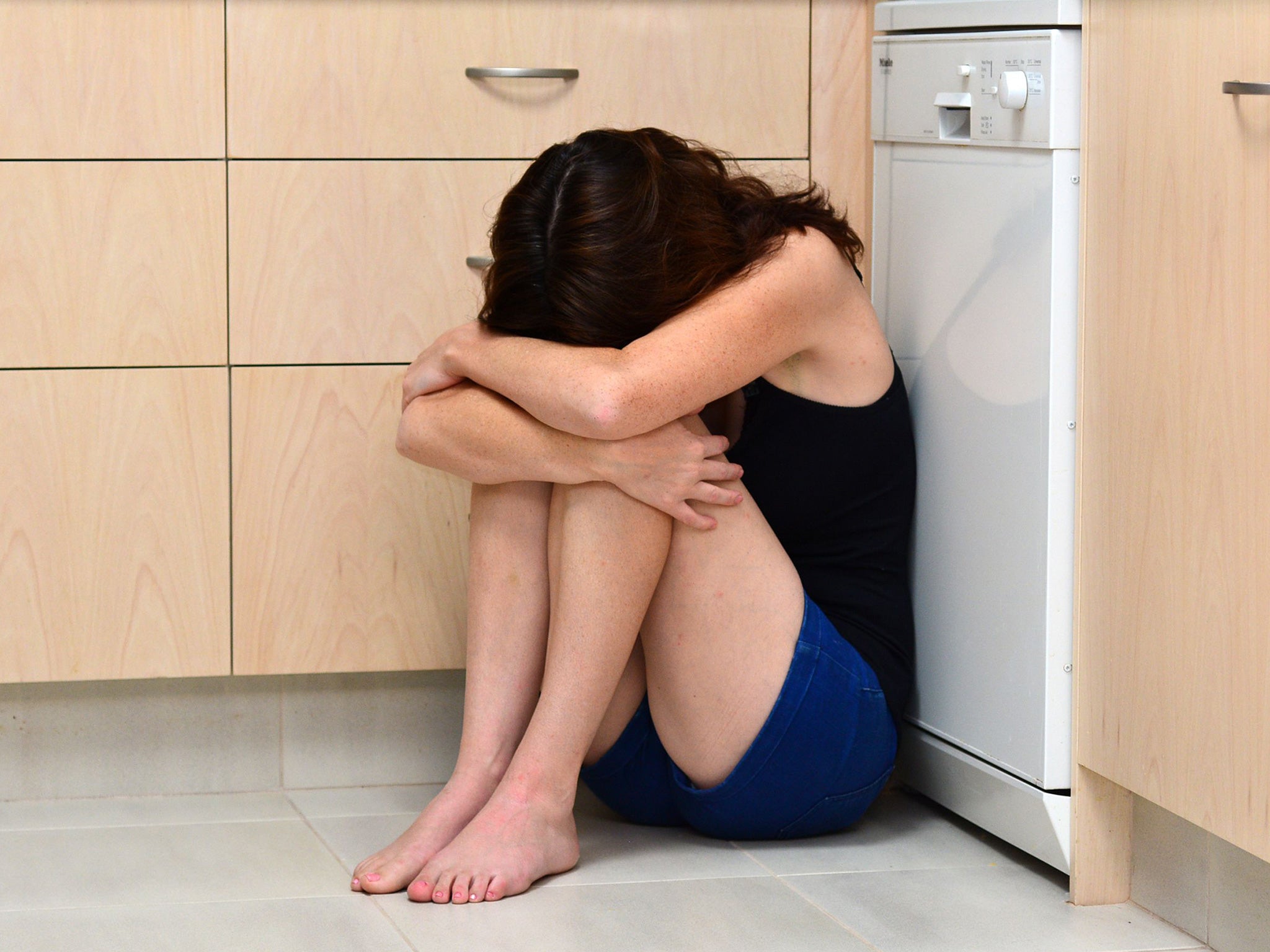Campaigners raise concern about BBC programme asking audience to vote ‘Is this rape?’
The BBC says the programme will open up a serious discussion amongst young people

Your support helps us to tell the story
From reproductive rights to climate change to Big Tech, The Independent is on the ground when the story is developing. Whether it's investigating the financials of Elon Musk's pro-Trump PAC or producing our latest documentary, 'The A Word', which shines a light on the American women fighting for reproductive rights, we know how important it is to parse out the facts from the messaging.
At such a critical moment in US history, we need reporters on the ground. Your donation allows us to keep sending journalists to speak to both sides of the story.
The Independent is trusted by Americans across the entire political spectrum. And unlike many other quality news outlets, we choose not to lock Americans out of our reporting and analysis with paywalls. We believe quality journalism should be available to everyone, paid for by those who can afford it.
Your support makes all the difference.A charity has voiced concern about a BBC documentary which will ask an audience to vote on whether a scenario should be considered rape or not.
Scheduled to be screened next Monday November 2 on BBC Three, the documentary Is This Rape? Sex on Trial will include a fictitious sexual encounter between a teenage boy and girl.
Presenter Will Best will then ask audience members, which will be consist of 24 teenage boys and girls, questions on whether the woman consented to sex and whether the encounter was rape.
Following the vote an expert barrister will explain legal definitions of consent and the outcome of the case.
Katie Russell, a spokesperson for Rape Crisis questioned the programme, particularly the audience voting segment of the show, telling the Sunday Express: “Consent is clearly a vitally important issue to raise public awareness of and a number of studies have highlighted the confusion, particularly among young people, around what it means and therefore what constitutes rape and sexual assault.”
“If this is not responsibly handled, particularly with the public vote element, it has the potential to upset rape survivors and make them less likely to seek support.”
A spokesperson for the BBC said the programme will open up discussions and educate young people on what consent is.
“After the participants and viewers vote on what they think is right an expert barrister explains the outcomes and proper legal position to both the participants and the audience at home so they can fully understand how consent is actually defined in law."
"Suggesting the viewers could be left misinformed, especially without having seen the programme, is entirely misleading."
“Sexual assault is a very real issue for young people and whilst we treat the subject with sensitivity we will not gloss over the issues it raises.”
A spokesperson for Women’s Aid told The Independent: “Raising awareness about the meaning of consent, and the fact that sex without consent is rape, could be positive. However, this can only be remotely helpful if the show does not trivialise rape in any way, and importantly if it avoids any suggestion of victim-blaming."
Subscribe to Independent Premium to bookmark this article
Want to bookmark your favourite articles and stories to read or reference later? Start your Independent Premium subscription today.
Join our commenting forum
Join thought-provoking conversations, follow other Independent readers and see their replies
Comments